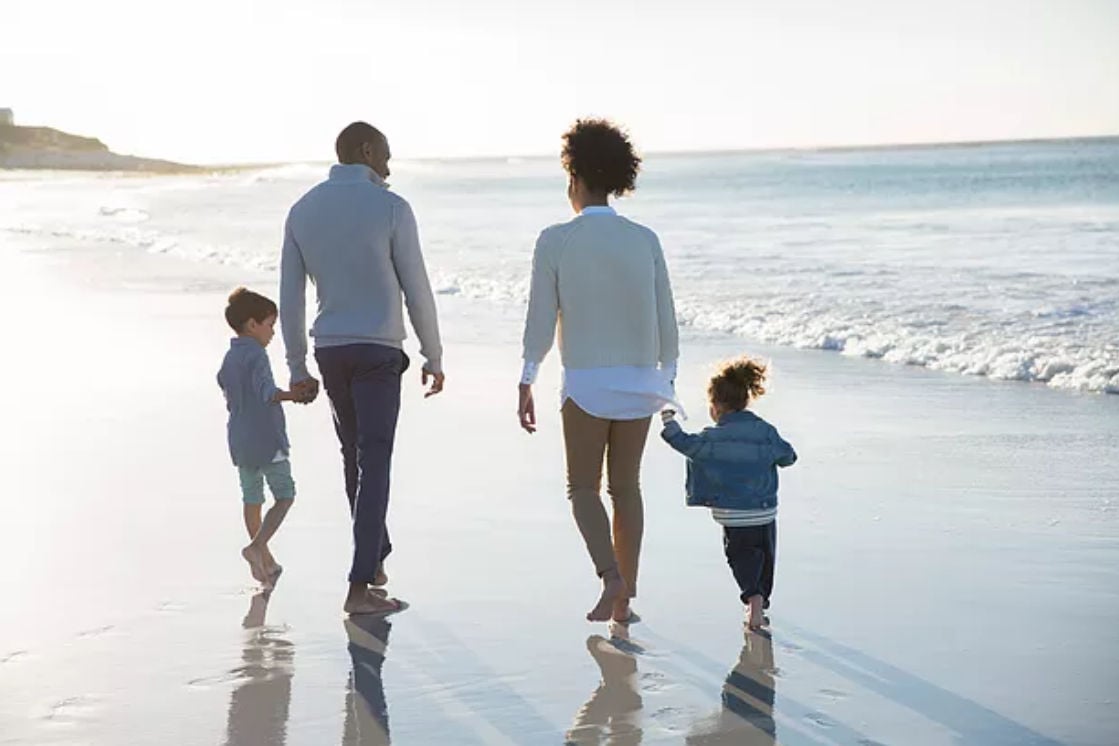
5 Common Responses to a Sexual Assault
Sexual assault and rape are traumatic experiences that have long lasting effects. Survivors of sexual violence may face a range of emotions and reactions. There is no right or wrong way to react following an assault. Some survivors behave as if nothing occurred, others may laugh as they discuss the assault while others may shake and cry. Although each survivor is unique and reacts to trauma in their own way, there are common reactions that they may encounter immediately after the assault and during their journey towards emotional and physical healing.
1. Shock
Survivors may experience shock and disbelief. The shock may feel so overwhelming that survivors may feel numb or detached from their lives.
2. Fear
Survivors may fear that the perpetrator will harm them should they disclose the assault. They may also fear that they will be assaulted again. Survivors may become hypervigilant to their surroundings in an effort to keep themselves safe. Some survivors report being aware of everyone who enters a room and knowing where the nearest exits are located.
3. Guilt and Shame
Survivors may blame themselves for the assault. Some survivors report that they had a “bad feeling” about a person and, because they “ignored” it, they are responsible for the assault. Other survivors may have a close relationship with their perpetrator and believe that perhaps they were sending “mixed signals”. There are also societal messages that may exacerbate a survivor’s feelings of guilt and shame. Ultimately, it does not matter what the survivor was wearing, whether they were intoxicated or whether they knew their assailant. The only person responsible for the sexual assault is the perpetrator.
4. Loss of Control
Sexual violence is caused by the perpetrator’s desire to have power and control over someone else. Following a sexual assault, it is common for survivors to continue to feel that they do not have control over their bodies.
5. Physical Symptoms
In addition to the emotional and mental reactions, survivors may also have a number of physical reactions. Nausea, gastrointestinal issues, back pain, headaches, loss of appetite, racing heartbeat and difficulty sleeping are some of the normal and common responses to the trauma of sexual violence.
Surviving a sexual assault can be an incredibly difficult experience. But know that there is hope. Many survivors of sexual assault are able to heal from their experiences and find joy in their lives. We have several skilled therapists at Lifeologie who can help you through this journey. We are here to support you!

About Sarai Contreras
Sarai Contreras, LMSW, earned a BS in Political Science and a BA in Spanish from Grand Valley Sate University, and a Master of Social Work (MSW) in Clinical Social Work from Michigan State University. She specializes in treating anxiety disorders, abuse, depression, complex trauma recovery, immigration and multicultural issues, and the complexities of survivors and perpetrators in the criminal justice system. She is fluent in English and Spanish and is accepting new appointments at Lifeologie Counseling Grand Rapids Ada and Lifeologie Counseling Grand Rapids Cascade.
Meet Me



